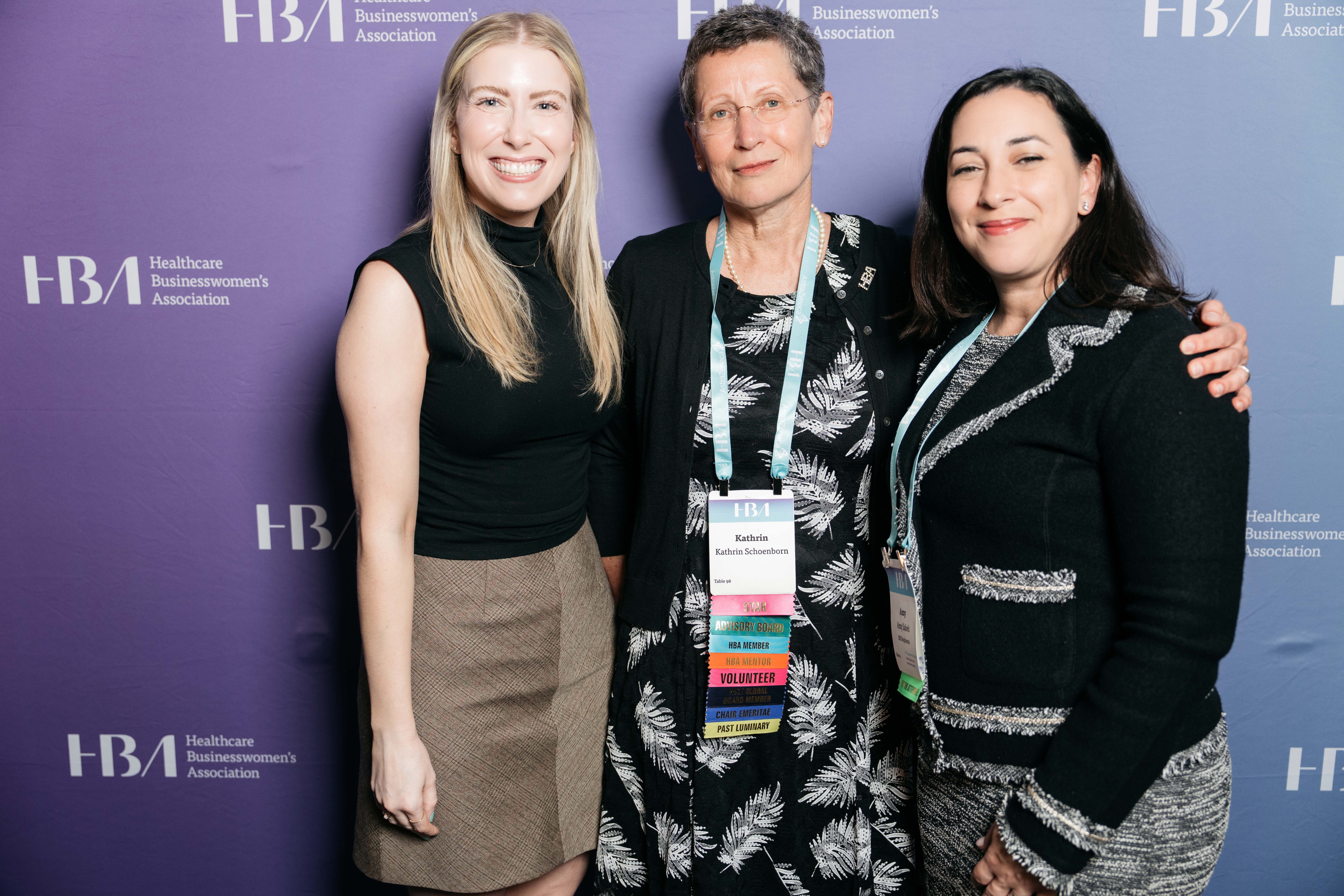In honor of Veterans Day, we sat down with a group of KBI Biopharma employees that served in the armed forces to learn more about the transition from active duty to civilian life. In this post, we learn more about the challenges service members face as they near the end of their duty in the military, and why biotech is such a fulfilling next step to consider.
Special thanks to Scott Mega, John Doby, Craig Morgan, Noel McBride, Christopher Gronski, and Ronnie Jardine from our North Carolina facilities for sharing their perspectives and stories with us. Scott, John, Noel and Ronnie each served in the US Navy, while Craig served in the US Coast Guard, and Christopher served in the US Army.
Before diving in, can you tell us how long you have been in biotech (or with KBI) and what your role is now?
- Scott: I have been in the biotech industry for a little over 2 years and I am a Maintenance Manager at our Patriot Park Facility.
- John: I have been in biotech for over 15 years, and with KBI for 2 years. I am currently the Lead Maintenance Mechanic in the Facilities Engineering department.
- Craig: I have been in the industry for over 25 years (device manufacturer, solid dose production, biotech, and consulting).
- Christopher: I have been in biotech for 4 years and at KBI for 1 year & 6 months as a Metrology Supervisor.
- Noel: Over 21 years and I’ve spent 2 years at KBI as a Senior Manufacturing Associate II - Upstream.
- Ronnie: 6 years in biotech but I have been with KBI for 2 years as a Maintenance Mechanic in Facilities.
What was the most difficult thing when transitioning out of the military and into civilian working life?
- Scott: Life in the military, while challenging at times, had an essence of stability and steadiness in that you knew what you could expect. The transition process and ultimately life outside of the military came with a lot of unknowns, not least of which was starting over in a new career or trying to figure out what it was you wanted to do with your life.
- Ronnie: There was also a shared “we’re all in this together” mentality that wasn’t promised in a new career outside of the military.
- Craig: I agree. There was a sense of camaraderie, built on these shared experiences, serving together.
How did you end up in the biotech industry?
- John: I worked with a military headhunter to help me start looking into the pharma industry, knowing that GMP and strict documentation closely mimic the Navy’s nuclear policies.
- Craig: I was in a pharma-adjacent industry (pharmaceutical-grade plastic resin manufacturer) prior to service. With my experience in the industry, cGMP and regulated industries, I knew that is where I wanted to be.
- Noel: I went through the BioWork certificate program and was able to begin my career change.
What do you wish more veterans knew about the biotech industry?
- Scott: I wish that more veterans knew how relatable and transferrable this industry is to the things they did in the military. In many ways, this industry wasn’t or isn’t on anyone's radar who is transitioning unless they know someone in this industry.
- Craig: I agree. The skills you have learned are very transferable .
- Noel: You are definitely skilled and qualified to move into this industry – even if it doesn’t feel like it at first.
What skills are directly transferrable to this space? Or what roles are available to those preparing to transition out of active duty?
- John: Planning and scheduling, engineering, maintenance, calibration, and supply chain come to mind first. The skills you’ve built in self-motivation, problem-solving, and teamwork are incredibly beneficial.
- Ronnie: The Navy nuclear watch standing principles (integrity, formality, forceful backup, procedural compliance, ownership, level of knowledge and questioning attitude) will set you up for success in the biotech world.
- Scott: I think veterans transitioning with the right mindset, drive, and work ethic can be successful in any capacity within this industry. In addition to what John and Ronnie shared, I think Good Documentation Practices, technical writing, procedural compliance, and safety, and quality first mindset in a heavily regulated industry are also beneficial. This helps give individuals a leg-up in terms of trainability, accountability, and integrity.
What would you like hiring managers to better understand as they screen resumes from those coming into the workforce from the military?
- Ronnie: I wish hiring managers, in our industry and others, would better understand that not all jobs in the military are the same. Furthermore, not all branches and services are the same, and the experiences and skillsets of those individuals may vary.
- Scott: People transitioning out of the military typically flourish in demanding environments and are conditioned to be trained and cross-trained on many different aspects of their respective fields. Trainability is a directly transferrable skillset that is undervalued. Another important thing to note is that many veteran’s resumes are written from the perspective of the fields and jobs they were most familiar with and on the surface, it may not seem like their skillsets are transferrable. If you have a veteran’s resume come across your desk and you aren’t familiar with their background, find a veteran that you work with and ask them to help translate.
- Christopher: We can absolutely help review, and in some cases, translate some of that experience to make it better understood or more clear for hiring managers.
Diving a little deeper into that, how is a veteran’s resume different? And is there anything they should pay closer attention to or consider?
- Scott: When reviewing a veteran’s resume if you see that the individual has training associated with their job title, that typically means that that person was required to attend and pass an advanced training program to qualify for their job responsibilities. Just like in the civilian sector, job requirements and skillsets are different throughout each of the branches. Technical roles can mean that person had higher job requirements or responsibilities than others.
How can veterans learn more about our industry? Were there any resources that have helped you?
- Ronnie: John spoke about using a military headhunter – these people are very familiar with the industry and can help get you more information and better connected. Additionally, talk to friends who have been out of the service for a bit. They can help advocate for your skillset to those they know in the industry.
- Craig: There are also a number of job fairs and VA partnerships all around the country.
- Scott: Lastly, I think utilizing LinkedIn and other online or offline community engagement events is a great way to network and learn.
What do you enjoy most about your team or KBI as a whole?
- John: The camaraderie that we spoke about earlier. It reminds me of the military.
- Ronnie: Yeah, the team camaraderie really feels like the military and KBI is an extremely supportive company that helps support my goals in and outside of work.
- Noel: I think we all work well together as one unit.
- Scott: I’d also add that the pride that we all get from the work and the teamwork, is what I take the most enjoyment from.
Where can people learn more about KBI as they start to prepare for their next move?
- Scott: I know some of us already participate, but you’ll be seeing more of KBI at community engagement events like meetups, informational sessions, and job fairs. We hope to engage those who may be considering a job in this industry and help answer more questions like these.
Thank you, again, to all of you for your help in creating this post. If you’re ready to explore your next step in the biotech industry, please visit kbibiopharma.com/careers.


